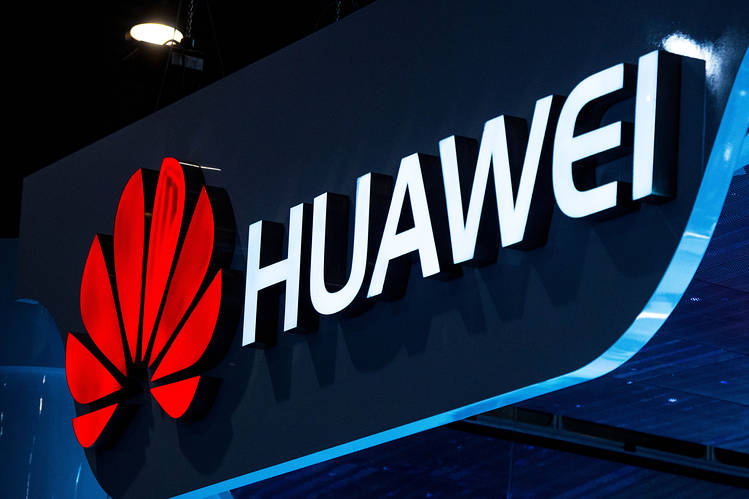Amazon Web Services (AWS), the global leader in cloud computing, has announced that Nigerian businesses can now pay for its services in naira, a move set to ease financial pressure on startups and commercial banks relying on AWS’s European servers. This change is part of AWS’s broader strategy to accept local currencies, including seven others for European customers.
Nigerian companies, many of which host their services in AWS’s European region due to proximity, will benefit significantly as naira payments eliminate foreign exchange costs and payment barriers. “With payments in their local currencies, customers can avoid foreign exchange costs and payment friction caused by regulations limiting foreign currency access,” AWS said in a statement on Monday.
The decision comes at a critical time for Nigerian businesses grappling with the naira’s devaluation and economic pressures that have caused cloud service costs, often priced in USD, to more than double since 2023. By allowing naira payments, AWS offers a more affordable and convenient option, addressing challenges that have driven many Nigerian companies toward local cloud providers.
This shift reshapes Nigeria’s competitive cloud landscape. Local providers such as Nobus, Layer3, and Okra’s Nebula have gained traction by offering cost-effective, naira-priced alternatives to AWS and Microsoft Azure. These providers leveraged Nigeria’s FX volatility, which caused USD-based costs to skyrocket, positioning themselves as economically aligned solutions.
In 2024, local cloud companies engaged state and federal agencies to advocate for partnerships that reduce reliance on foreign-denominated services. They emphasized that choosing local providers not only cuts costs but also supports Nigeria’s economic resilience.
AWS’s new payment policy complements its existing investments in Nigeria, such as the AWS Local Zones facility launched in Lagos in 2023. This infrastructure reduces latency and improves performance for Nigerian businesses, many of which still rely on AWS’s European region. By combining local infrastructure with naira payments, AWS strengthens its foothold in the Nigerian market.
However, local providers remain competitive by offering more than just cost savings. Their ability to align with Nigeria’s economic realities and deliver tailored solutions continues to resonate with businesses seeking long-term resilience in an uncertain economic environment.
As AWS eases access for Nigerian companies, the battle for dominance in Nigeria’s cloud market will hinge on balancing affordability, relevance, and support for local economic goals










